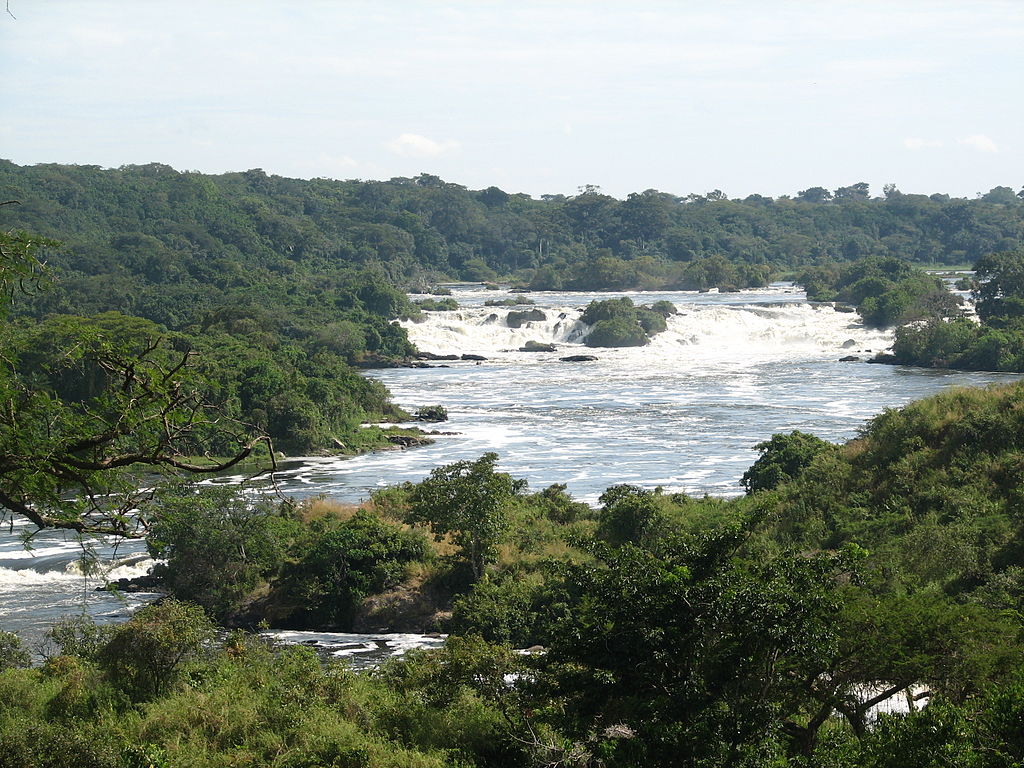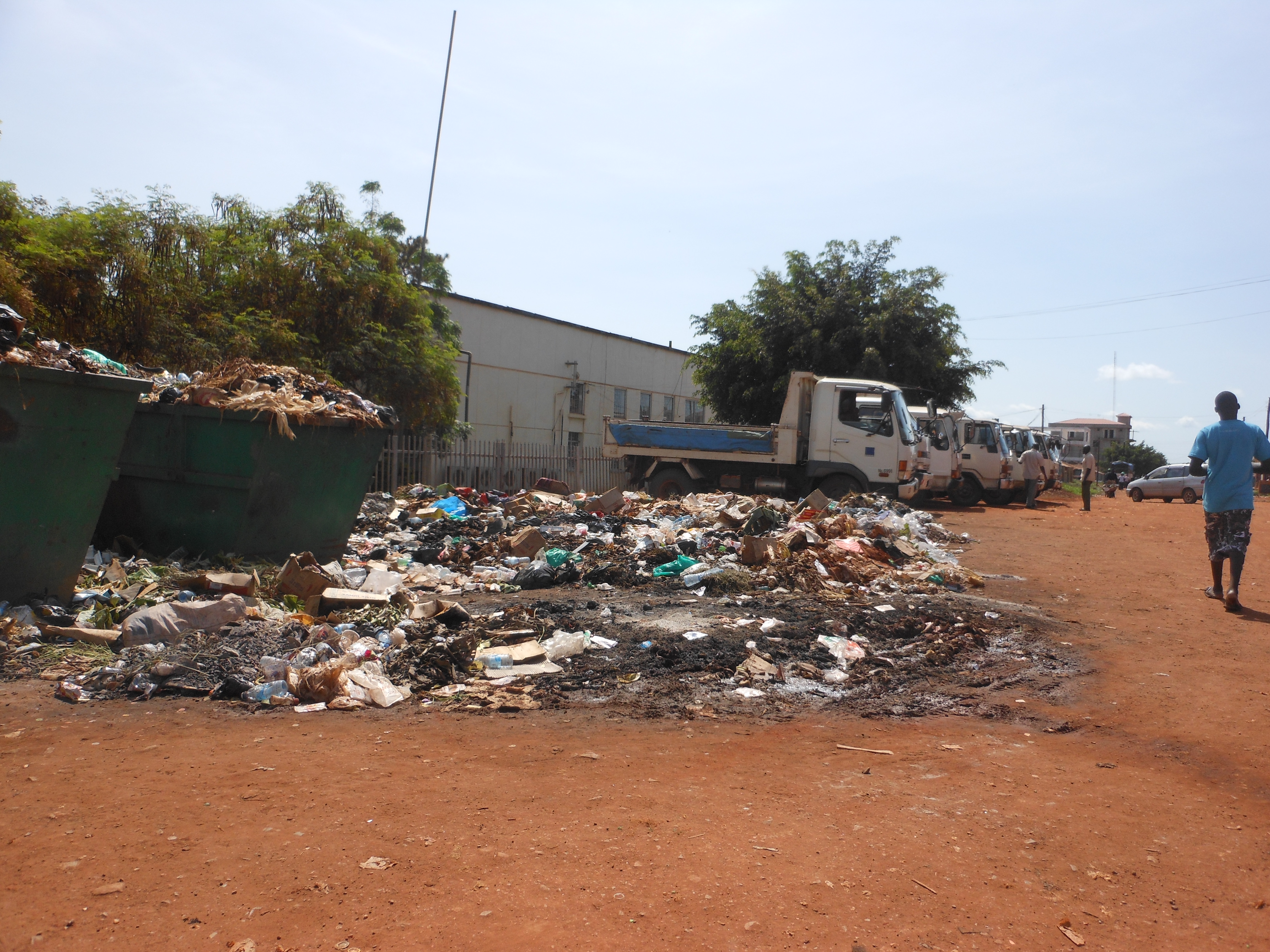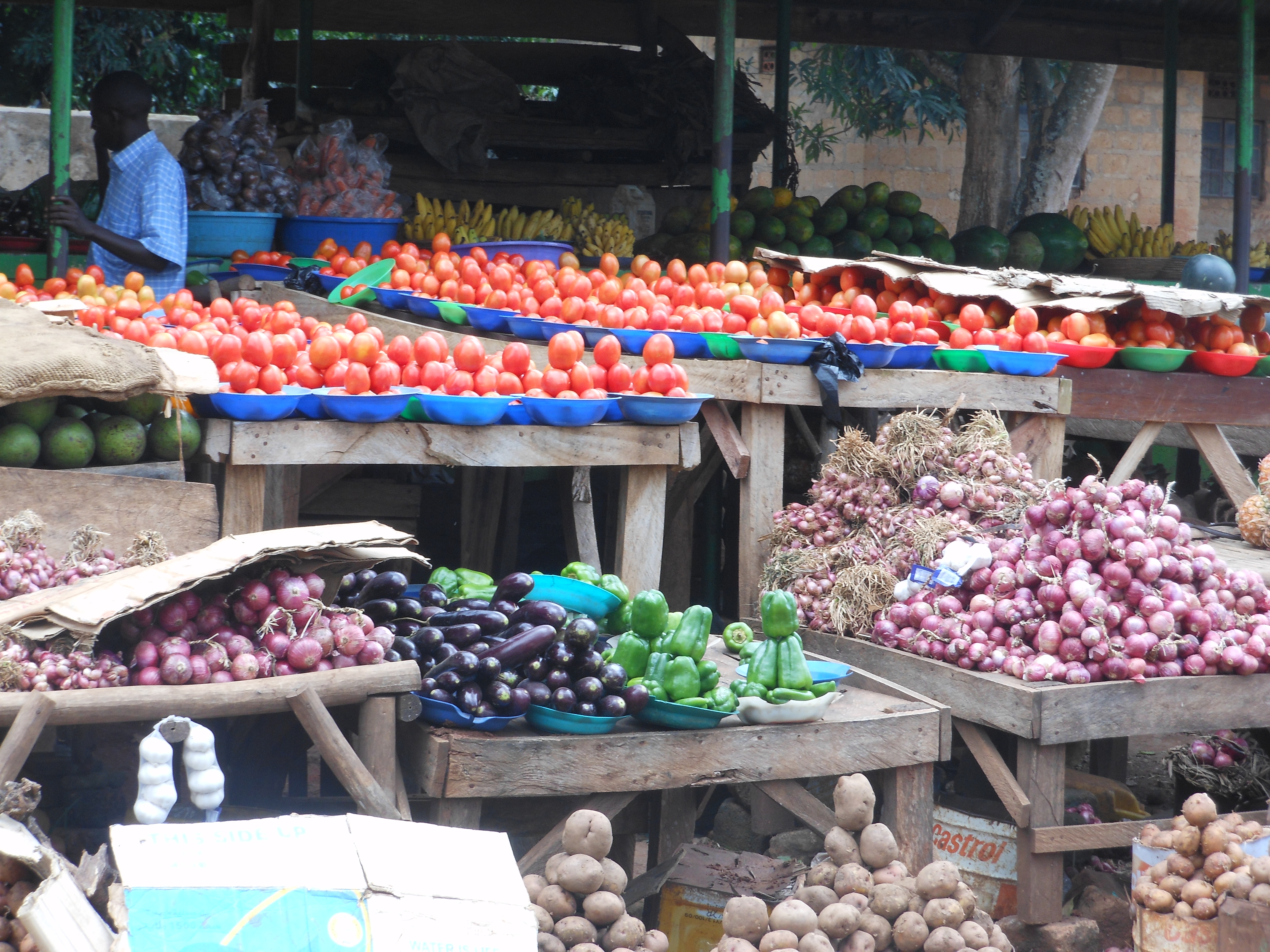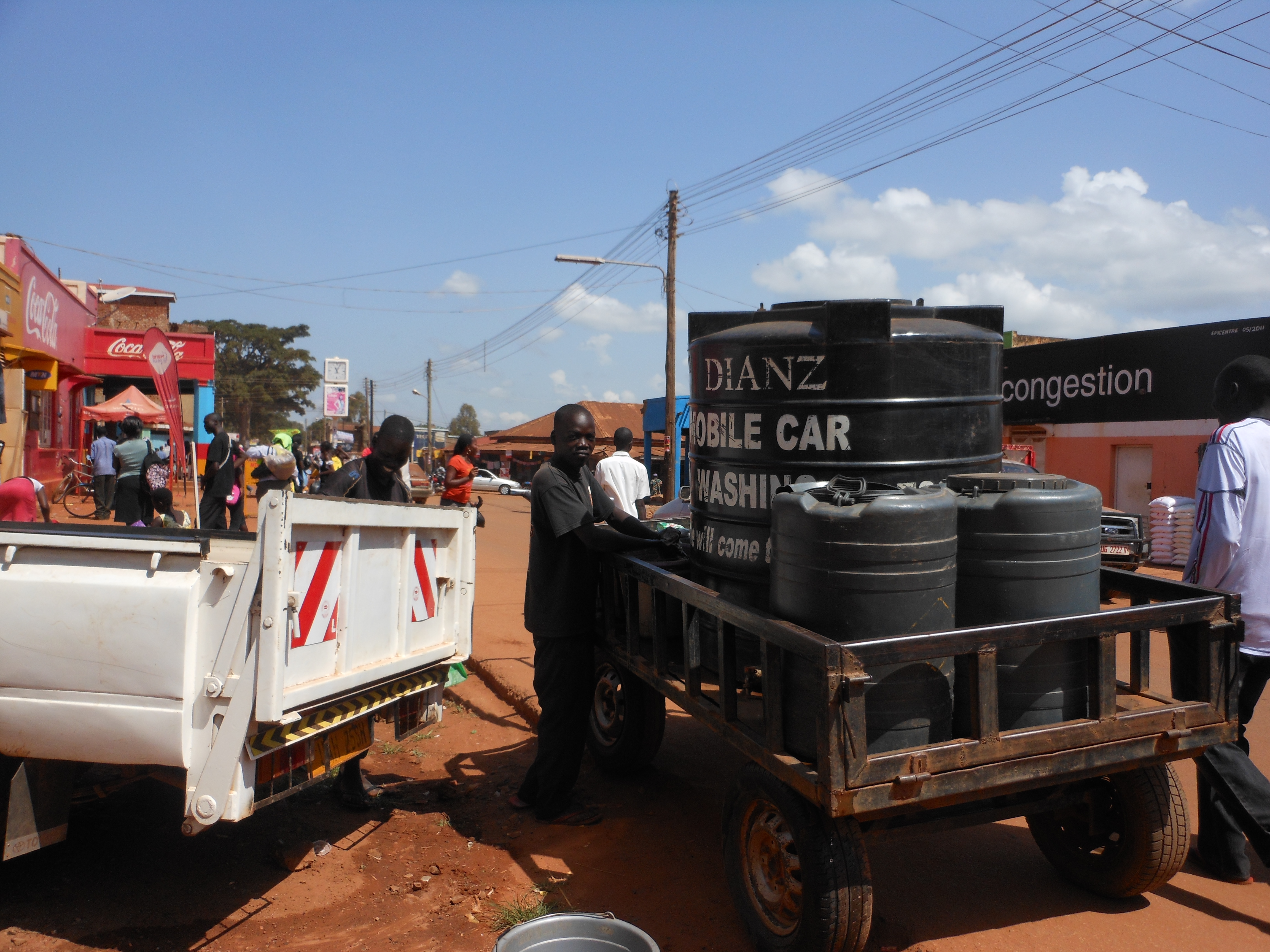Contrary to some rumors about my absence over the last two weeks or so, I have not been eaten, mauled by tigers or carried off into the bush. I’ve been off in Acholi Land for Language Immersion and a Future Site Visit to use PC terms (translate as Peace Corps terms – I quit worrying about being Politically Correct a while back.) So, it was up in the wee hours to be wisked off to catch a PC van into Kampala to ride the reliable bus to Gulu, some half day away. The Post(office) Bus is the good bus because it leaves on time – period. Others wait until they are FULL to depart and that may take half an hour or half a day. It is crowed. There are live chickens (someone’s dinner) sharing the luggage area under the bus. We are warned by the conductor to watch any bags we have stuffed in overhead storage, because they are known to walk away – and we appreciate this warning. Then we are led in prayer – a precursor to every trip.

We also appreciate this belatedly as we hurl down roads and swerve around “slow” traffic announcing the driver’s intention with much honking of horns. Relieved that we are entering flat country where – ay least – we cannot fall off the mountain, we are soon dis-abused of this false sense of security when we pass an 18 wheeler that has just jack-knifed left and tumbled off the cliff before crossing the bridge over the NILE!!
Yes – it is a trip to realize one is crossing the Nile that every child has grown up learning about in history and geography class. It is a raging white water river in this part of the world and explains why white water rafting is big sport here. The danger in white water rafting is not what you’d expect – is getting Shistomosiasis. Don’t think I spelled that right, but spelling aside, Shisto is the disease caused by the little worms that get inside you flesh and wreak havoc on the liver and other body organs. I think I will bypass rafting…

Onward to Gulu, which we have been told is a lovely little town. One must put on the Uganda lenses to hold this view. It is filthy by US standards and although the countryside is lush, there is little else around to lessen the feeling of despair when one enters. Although some of the roads are paved, nowhere in Uganda is any evidence of the concept of cleaning up trash or just not throwing it wherever the urge strikes. There are Boda-Bodas, some cars (mostly those owned by the hundreds of NGO’s here) bicycles, people, critters, hand-hauled carts, etc.

If you can look past that you see an amazingly industrious people, carving out commerce and life in every parch of land, every square inch of available space and every moment.
This market (right) and the ingenuity of this mobile-carwash pictured below stand in stark contrast to the open dump.

The Acholi people are just emerging from 25 years of war and the NGOs rushed in to assist three entire generations who have known nothing but life in war camps. Once released, most could not return to family land as there was no family left to locate said land. Children born in war camps gave birth to and raised other children in those same camps. So society is being rebuilt, education is re-starting from the ground up, and trauma being addressed in a million different ways.
That’s the landscape. I’m working with an NGO called LABE: Literacy and Basic Adult Education, aimed at bringing education to the villages – mud huts with thatched roofs housing about 5 – 10 people per hut. (When these programs are started in one of these communities, it doesn’t take long before there are 140 learners, flooding in from surrounding areas, to learn to read and write their native tongue sitting under a tree in the dirt. In the rainy season, school is displaced by – rain, lightening, and crop demands.) In direct contrast to the larger towns, these hut compounds are meticulously clean. Where there is no money to buy goods and plastic, there’s no debris and the Ugandans are very clean people in their personal care. I think it will be a great project to support and can’t wait to get started, but for the next four weeks or so, we’re back in Wakiso training.
